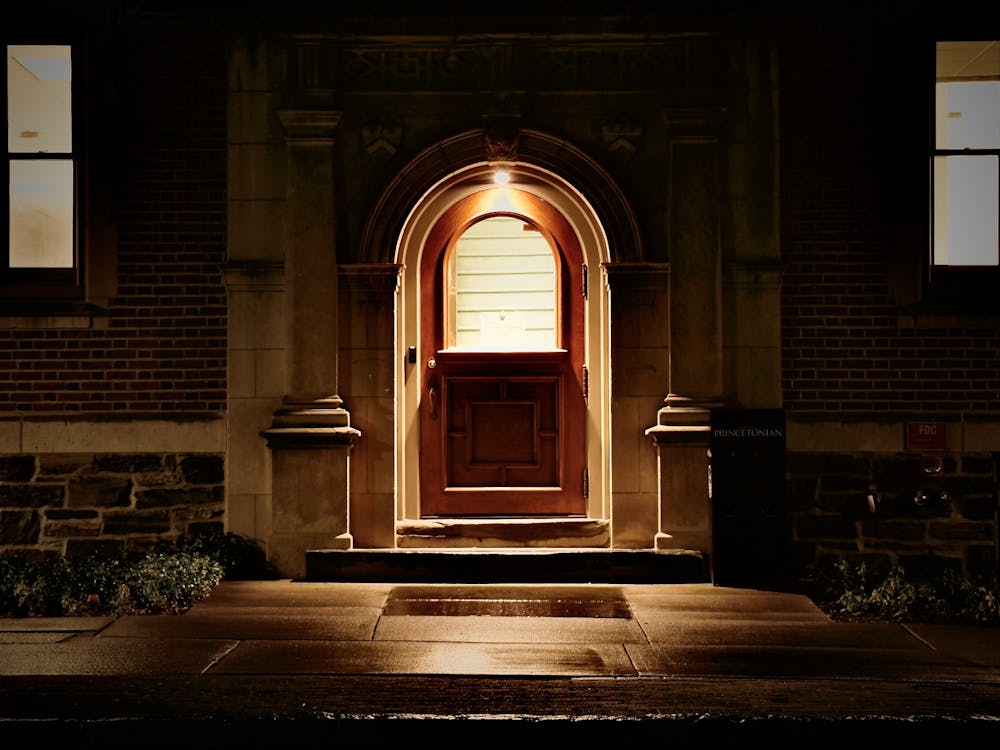Constitutional interpretation remains flexible to society's evolving traditions
In his column titled "It's abortion, stupid" in yesterday's 'Prince,' Justin Hastings '01 attacked liberals and Democrats for fearing a loss of abortion rights in the 2000 election. But these and other groups would not feel so protective of their rights, which have been determined to be constitutional, if they were not constantly under assault.
Hastings states that pro-choice activists "are afraid because the right to an abortion on demand is not a right actually found in the Constitution." True as that may be, this narrow-minded attitude was reflected in one of the founding fathers' main hesitations before passing the Bill of Rights: They feared that putting basic human rights on paper would limit future rights to only those included, as Hastings appeared to argue.
The Constitution and Bill of Rights were purposefully left vague so they would remain open to interpretation and provide future generations with flexibility in areas they could not predict. For example, the Internet is another area in which protection under the Bill of Rights might be decided by the Supreme Court. The Internet was not mentioned in the Constitution — does that mean that it is not covered by the First Amendment?
Such rights not addressed directly are open to interpretation, not simply determined to be unconstitutional. Liberals, Democrats and other nonpartisan, pro-choice groups are not "running scared" in this election because they fear the loss of rights that came from a "fit of bad jurisprudence." Rather, they fear that because abortion rights are not explicitly stated in the Constitution, the legitimacy of those rights could be contested by Supreme Court justices — who would use the platform to impose their personal, often religious, beliefs on all women. Shannon Donnelly '03 Chair, Women's/Reproductive Rights Committee Princeton University ACLU







